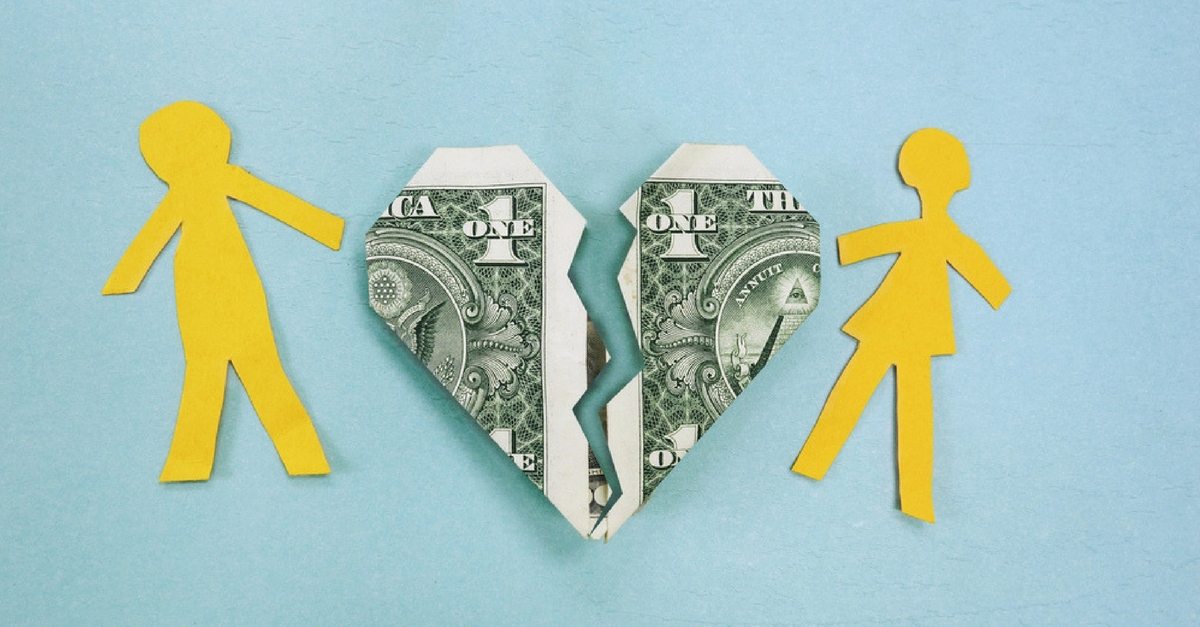
Divorce can create some complicated financial problems especially when it comes to credit card debt. Who continues to use this credit can cause financial problems for the ex-spouse. If you have shared debt you may worry who is responsible for credit card debt in a divorce and what happens if your ex-spouse fails to pay off credit card debt as they agreed.
Table of Contents
Who is responsible for credit card debt during or after divorce?
In a divorce, the obligation to repay credit card debts you owe cannot be legally assigned by a divorce agreement like assets.
Creditors cannot be bound by any agreement between you and your spouse. From your credit card provider’s point of view joint debt means that each of you is responsible for the entire debt. If you, or your spouse, continue to charge purchases to your pre-divorce credit accounts, the other spouse will become liable for any unpaid balances. Even if your spouse agrees to repay all the past credit card debt and this is formalized in your divorce or separation decree, creditors will look to you to collect, if your spouse fail to make those payments.
You and your ex-spouse may have signed a separation agreement and your ex-spouse agreed to pay the joint credit card. This agreement is between you and your ex-spouse and didn’t involve the bank. If your ex-spouse failed to pay the debt, you will be responsible for the all of the payments on the joint credit card; not just want you consider your share. Also, any missed payments or late payments will continue to affect your credit score no matter who was supposed to make them.
What to do about debt in your name during divorce
If you are getting divorced and think this will be a concern, talk to you bank before you sign the separation agreement about getting two separate loans in each of your names to pay off the old joint debt. Your bank probably won’t just remove your name from the account if there is an existing balance. They will want to be sure they can collect, despite your divorce. If you have good credit, you can each borrow your share to pay off the full balance. Once the old accounts have been paid off and balances transferred, close the pre-divorce credit accounts if that’s possible. At a minimum, get in writing from the bank any adjustment to the agreement as to who is responsible for payments.
When divorce debts cause a financial problem
If your spouse stops making payments, or files bankruptcy, and the bank pursues you will need to make a plan to eliminate those credit card debts.
If you are financially able you can make a payment arrangement with the creditor.
If you have other debts and paying off these pre-divorce debts becomes a problem, contact us to talk about your options. You can file on your own, or if necessary, both divorced or separated spouses can file a joint bankruptcy or joint consumer proposal if that makes sense.






